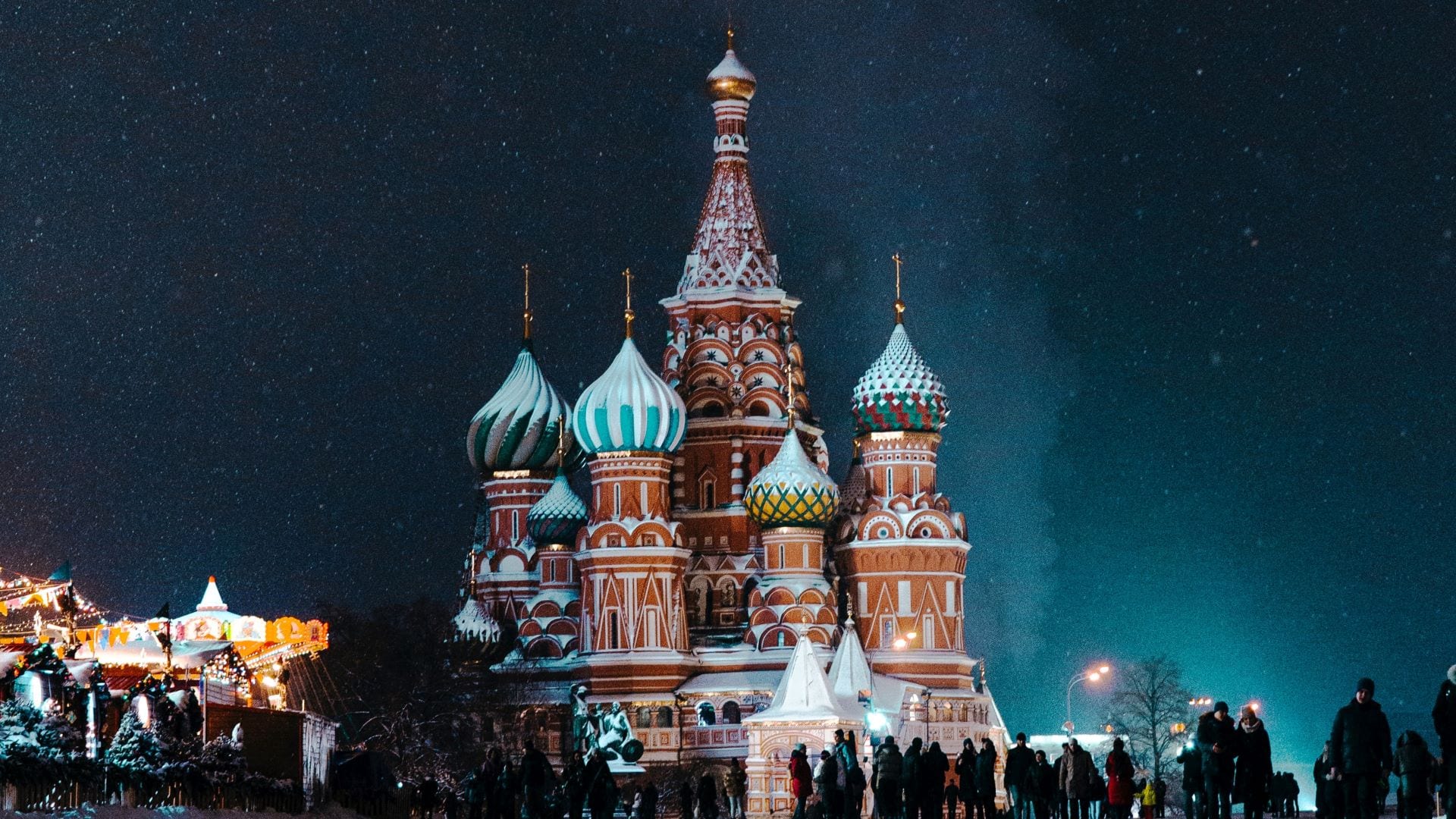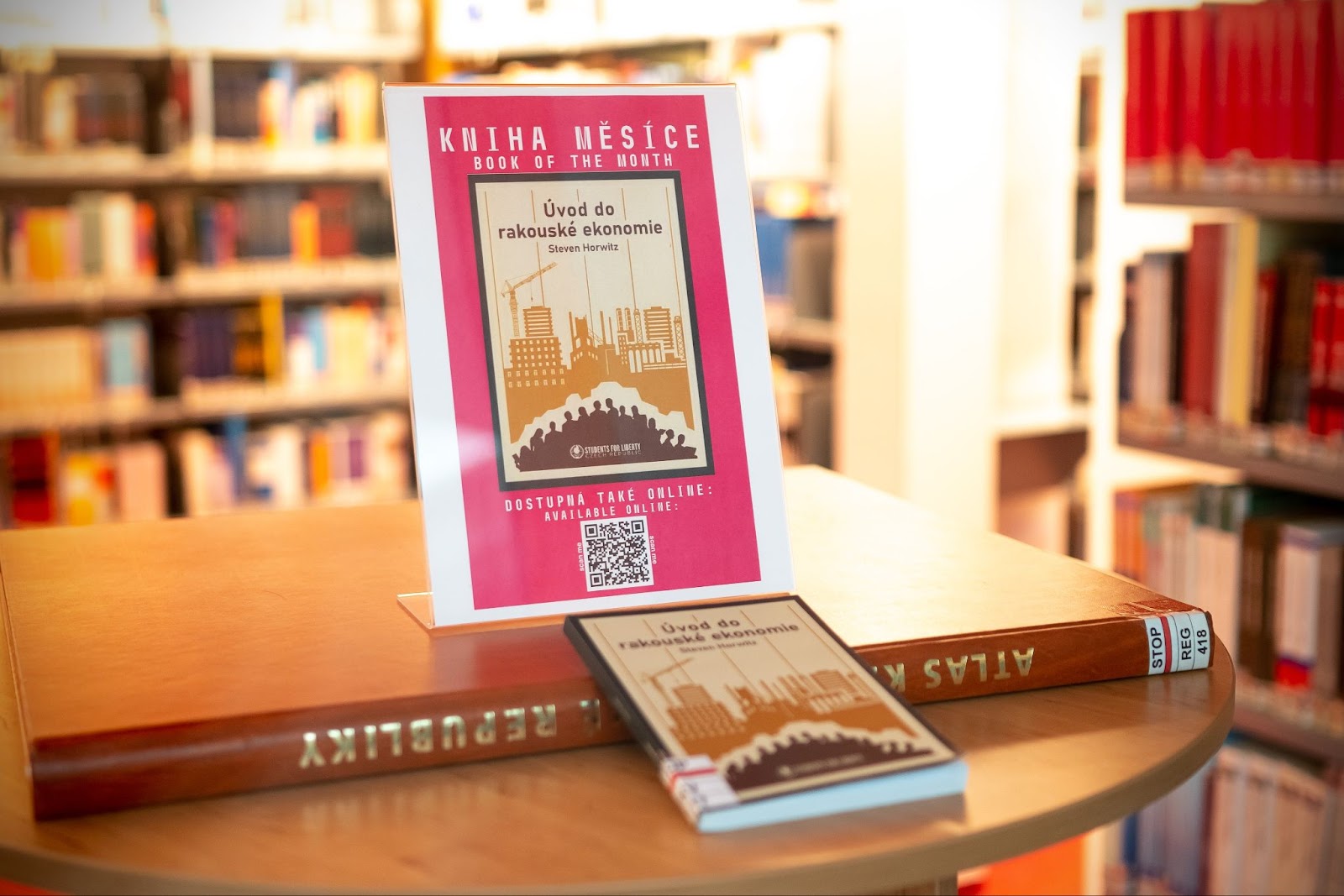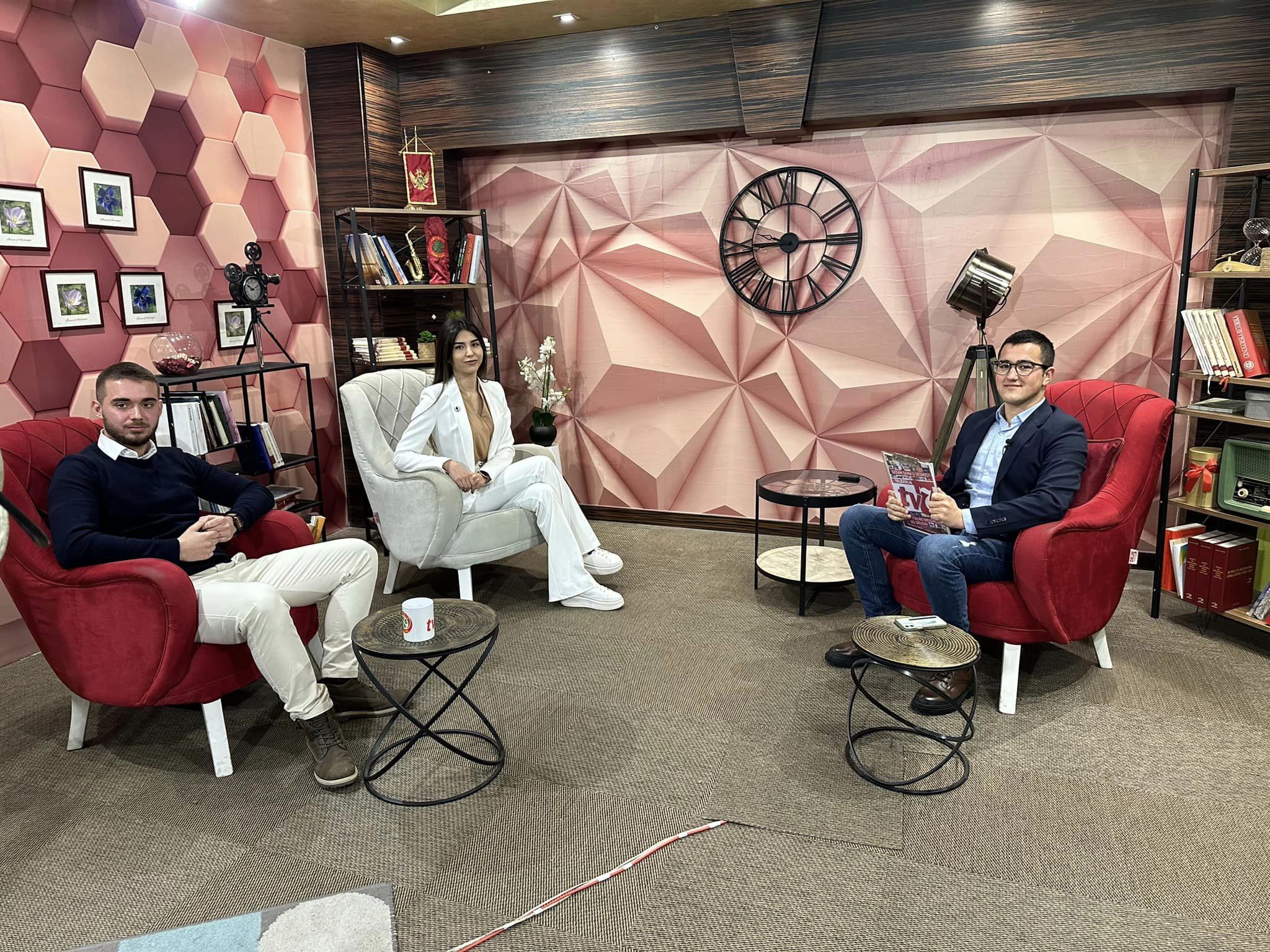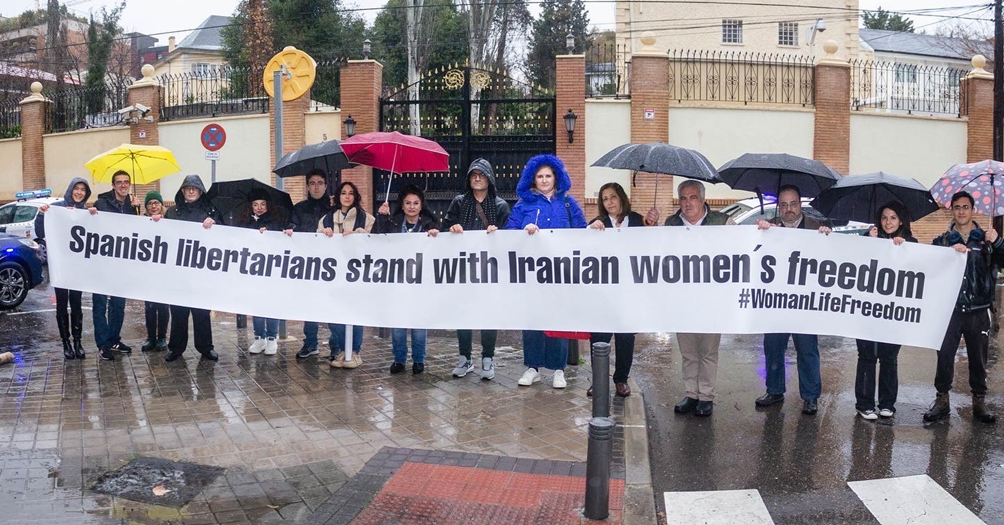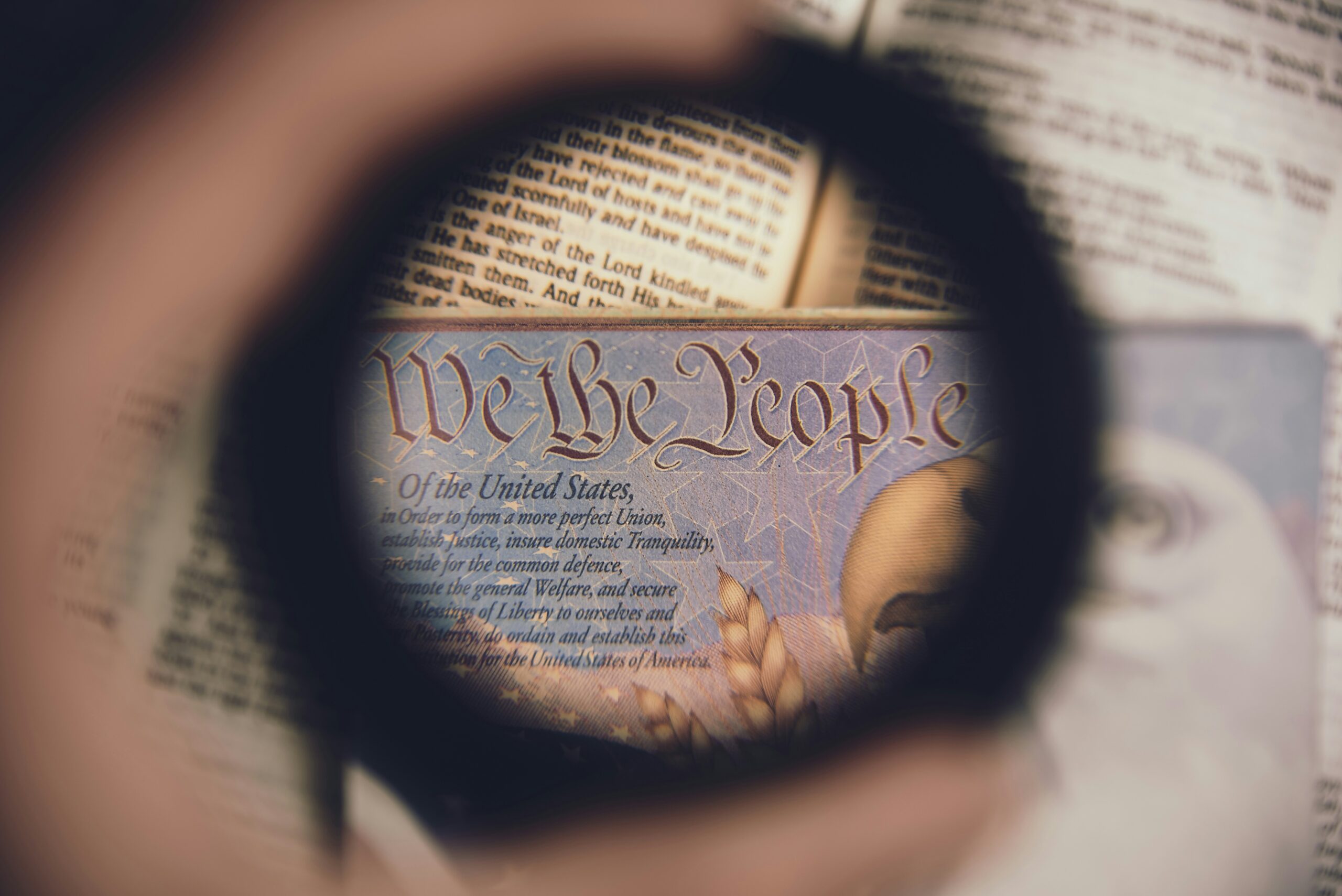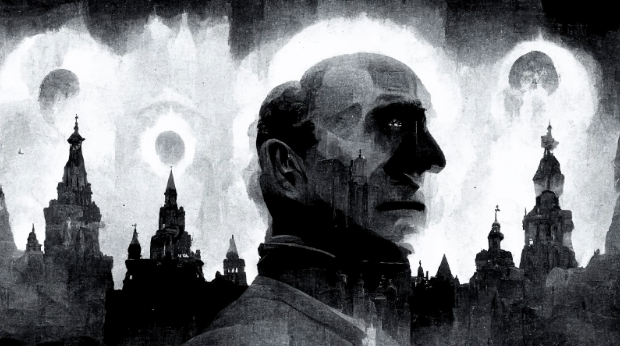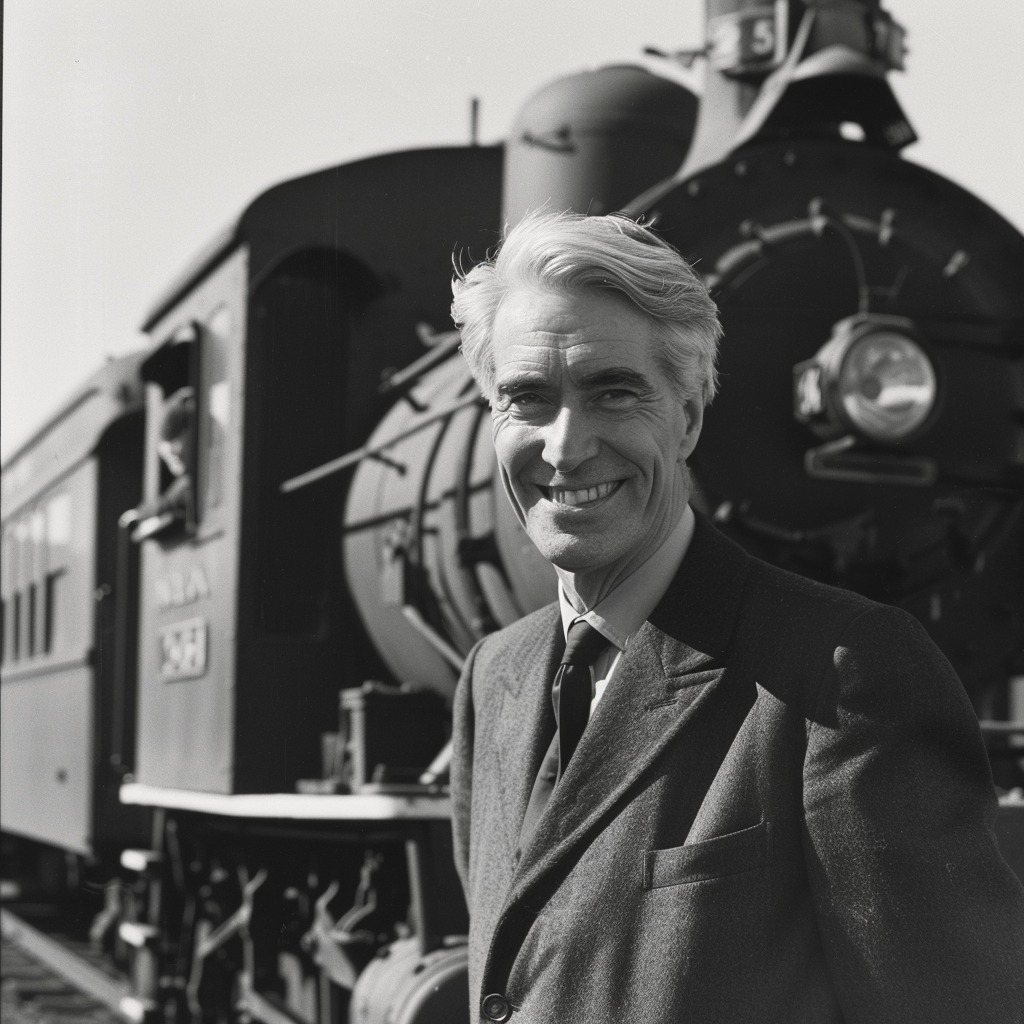Six months ago, I would not have believed that I would soon jump on the overnight sleeper train from St. Petersburg to Moscow to launch the first ever student forum for freedom in Russia.
Now, flipping through a day’s fill of notes on Russian activism, I recall first nurturing the idea of a DC Forum for Freedom on the bus from Philadelphia in 2008. In the following winter of my freshman year, when we cautiously began coffee shop meetings on U street and colliding into strangers who would one day become long-term friends, we could scarcely predict the spontaneous order that cushioned our college careers; we could scarcely understand that our campus bubbles of young philosophers, humanists, and social entrepreneurs would transform our intellectual landscape in their own self-assured way, triumphing at times over the schooling under our noses.
Four years later, I find myself surrounded by new, robust pockets of student activity on the other side of the world, in a country that has historically been condemned by many to an illiberal fate.
Where civil society and a culture of activism were presumed dead, however, I found them lurking secretly and happily in the living rooms, select classrooms and offices of an incredible network of young people dedicated no less to the ideas of liberty than we were in the DC Forum.
After giving a talk about SFL to a classical liberal audience at the Adam Smith Forum in Moscow last November, I was shocked to find a group of young people buzzing in excitement about the prospects of working together.
Professors and students alike began flooding me with ideas for seminars, fundraising and couchsurfing for liberty, as if holding a banner in big block letters: “Look, bottom line, we have to do something!”
Ever since my friend put those words in my head, seven of the brightest liberty-minded Russian young people in these networks have traveled to LibertyCon and the United States—for the first time in their lives, a trip which is now to be funded annually for future advocates of liberty in the Higher School of Economics in St. Petersburg.
Breaching the Atlantic is making our community vaster, and collective action more imaginable. In my experience, whether it was helping run liberty-themed English speaking clubs throughout the fall and winter, marching with thousands of people for political freedom as my friends handed out flyers about libertarianism, speaking to audiences of liberal law students or arguing about the merits of Ayn Rand over famous Petersburg funnel cake donuts, I’ve come to recognize a multidirectional world of action, one defined by young graduates and scholars unafraid to propose an alternative to their political present and future. The difference between the worlds of activism in Russia and the West is not in their rigor or intellectual curiosity, but in their institutions and opportunities.
In this vein, with regards to methods of outreach, management, marketing, and building networks, our Russian friends will differ from those in the U.S., Belgium, Nigeria, or Guatemala. We come to understand the different textures of the game boards that we use to play the same game.
Realizing the goals of a free society is a market-like discovery process. In roundtables all across the United States, SFL has created a platform for negotiating paths of coordination for liberty among young people.
This model ultimately transcends borders because it offers no positive program. It is rather a self-reflexive means of nourishing and honing the instinct to act that exists in humans regardless of location.
With time, we learn more from one another to better understand our own agency on behalf of ideas. An activist community will eventually discover new branches, seek new sources of light, and allow itself to grow spontaneously.
Our weekend in Moscow opened a difficult dialogue about this area of the world, seeking a means of building social capital and widening the perceived windows of opportunity to liberal ideas from below.
Just as the DC forum came to flourish and survive its graduates in the minds of new students, I believe our experience in Moscow will tease out its own new networks and transformative paths to the ideas of liberty as we continue to work together and expand our community across borders.
If you would like to become a pro-liberty advocate in your community, visit our Local Coordinator Program page for more information.
This piece solely expresses the opinion of the author and not necessarily the organization as a whole. Students For Liberty is committed to facilitating a broad dialogue for liberty, representing a variety of opinions.
